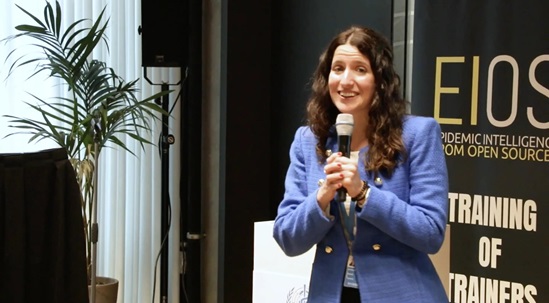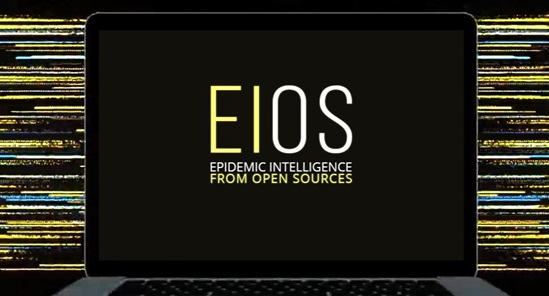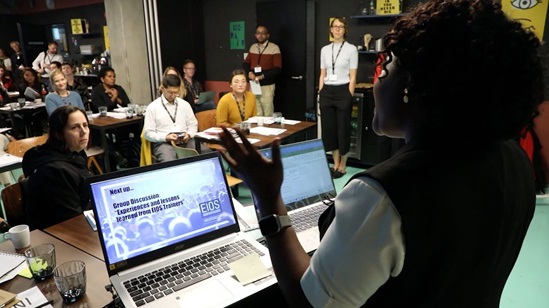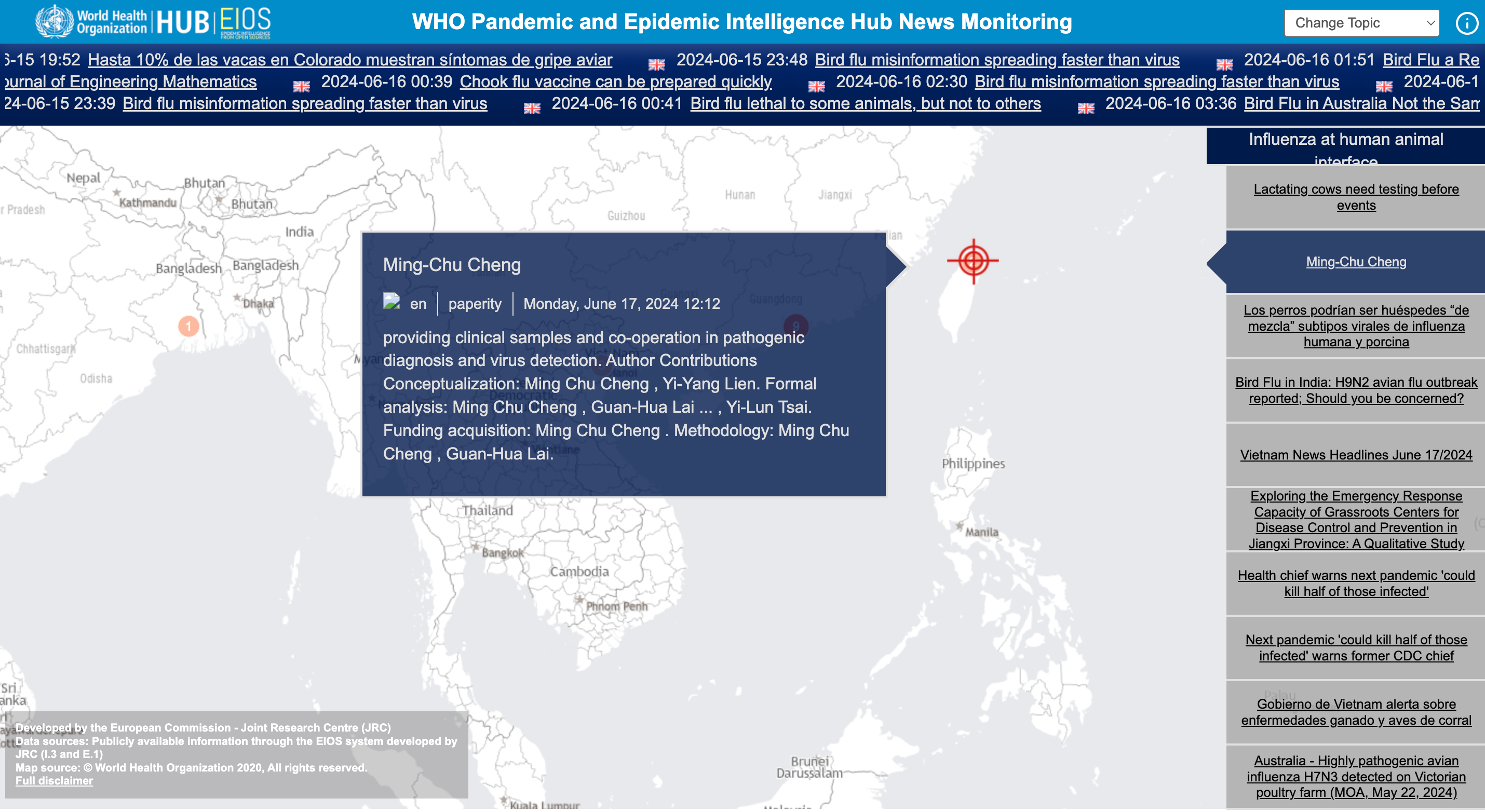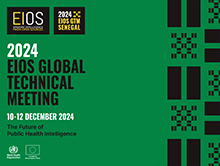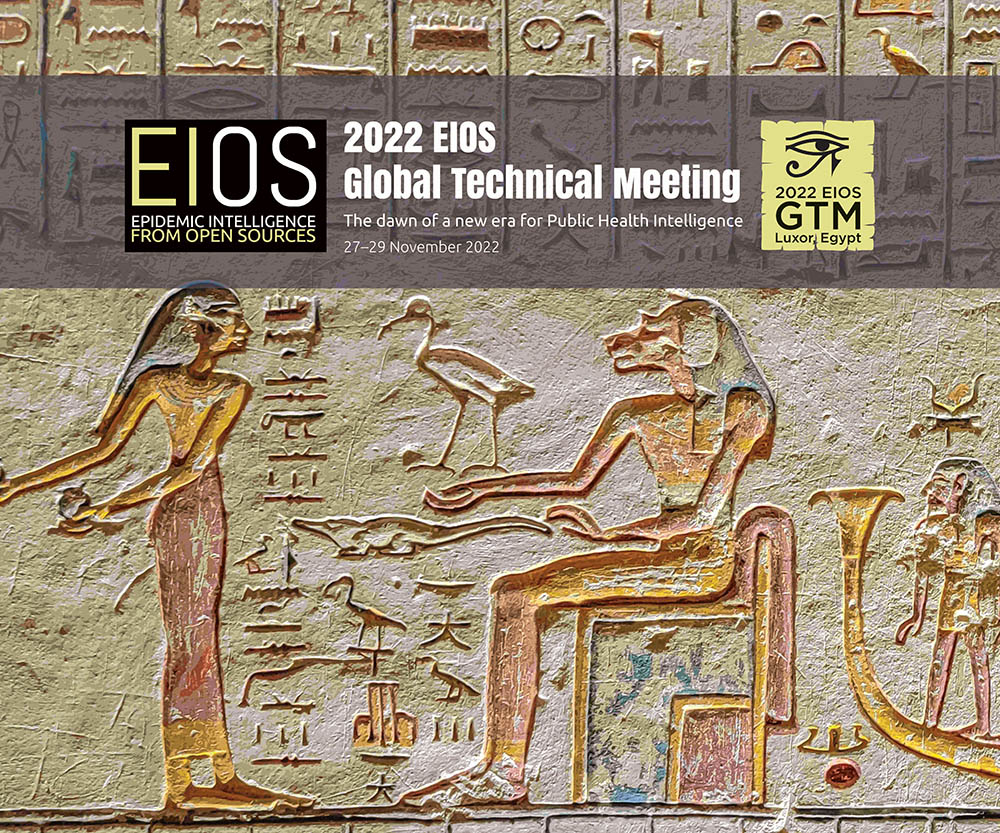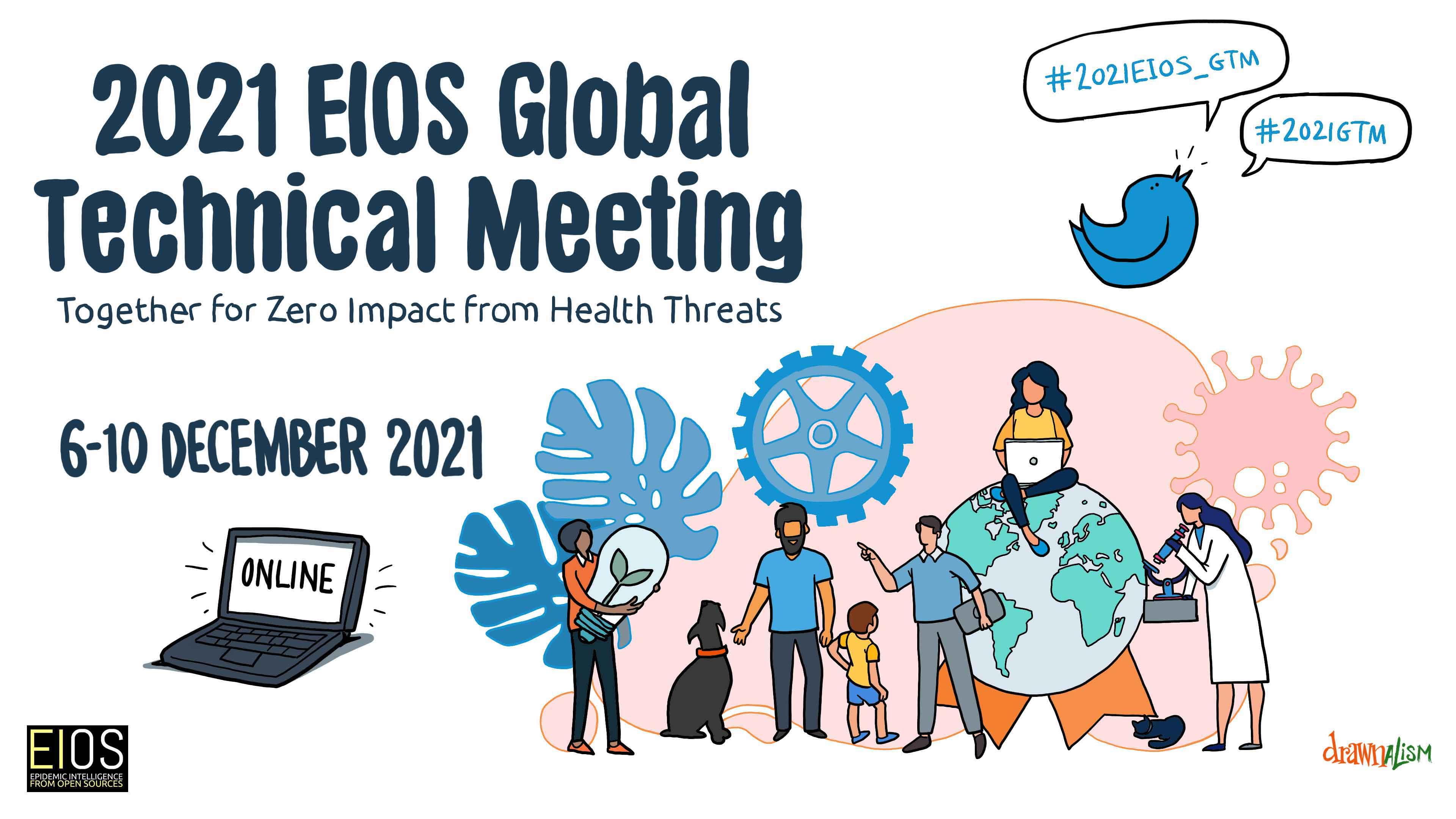
Epidemic Intelligence from Open Sources
ZERO IMPACT FROM HEALTH THREATS
About EIOS
Epidemic Intelligence from Open Sources (EIOS) is the world’s leading initiative for open-source intelligence for public health decision-making. It is led by the WHO as part of its constitutional mandate as the directing and coordinating authority on international health work. EIOS is built on three pillars: a growing global community of practice, a range of multi-disciplinary collaborators and an evolving fit-for-purpose system. The system builds on a long-standing collaboration between WHO and the Joint Research Centre (JRC) of the European Commission (EC).
The global community, including Member States, international and regional organisations, expert networks, research institutes and other collaborators, is at the heart of the initiative. By mid 2024, more than 90 countries and 25 organizations and networks were leveraging the EIOS system.

The WHO Pandemic Hub
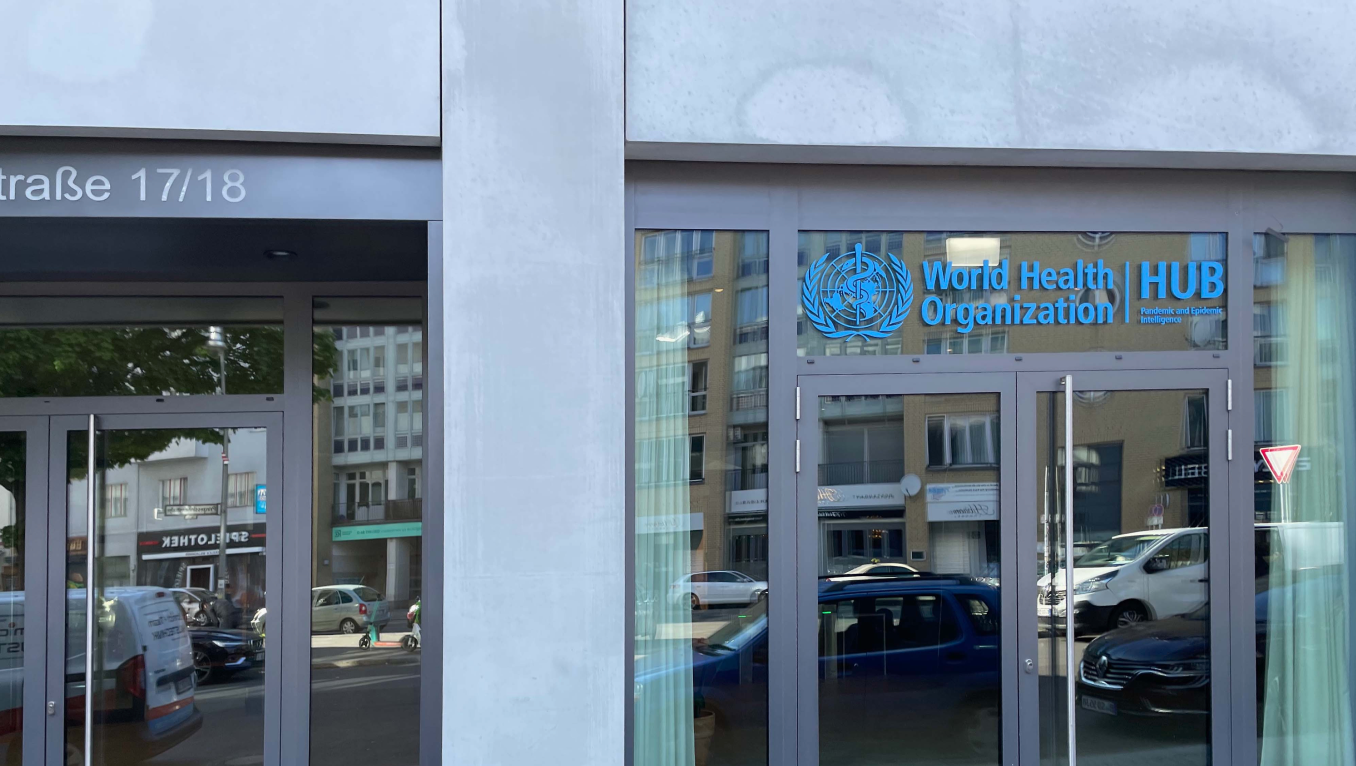
Since January 2022, the lead of the EIOS initiative is hosted within the new WHO Hub for Pandemic and Epidemic Intelligence. As one of the Hub’s flagship initiatives, EIOS supports its overall mission to facilitate the global collaboration of partners from multiple sectors, supporting countries and other stakeholders to address future pandemic and epidemic risks with better access to data, better analytical capacities, and better tools and insights for decision-making. With support from the Government of the Federal Republic of Germany, the WHO Pandemic Hub was established in September 2021 in Berlin, in response to the COVID-19 pandemic, which demonstrated weaknesses around the world in how countries detect, monitor and manage public health threats.
The initiative
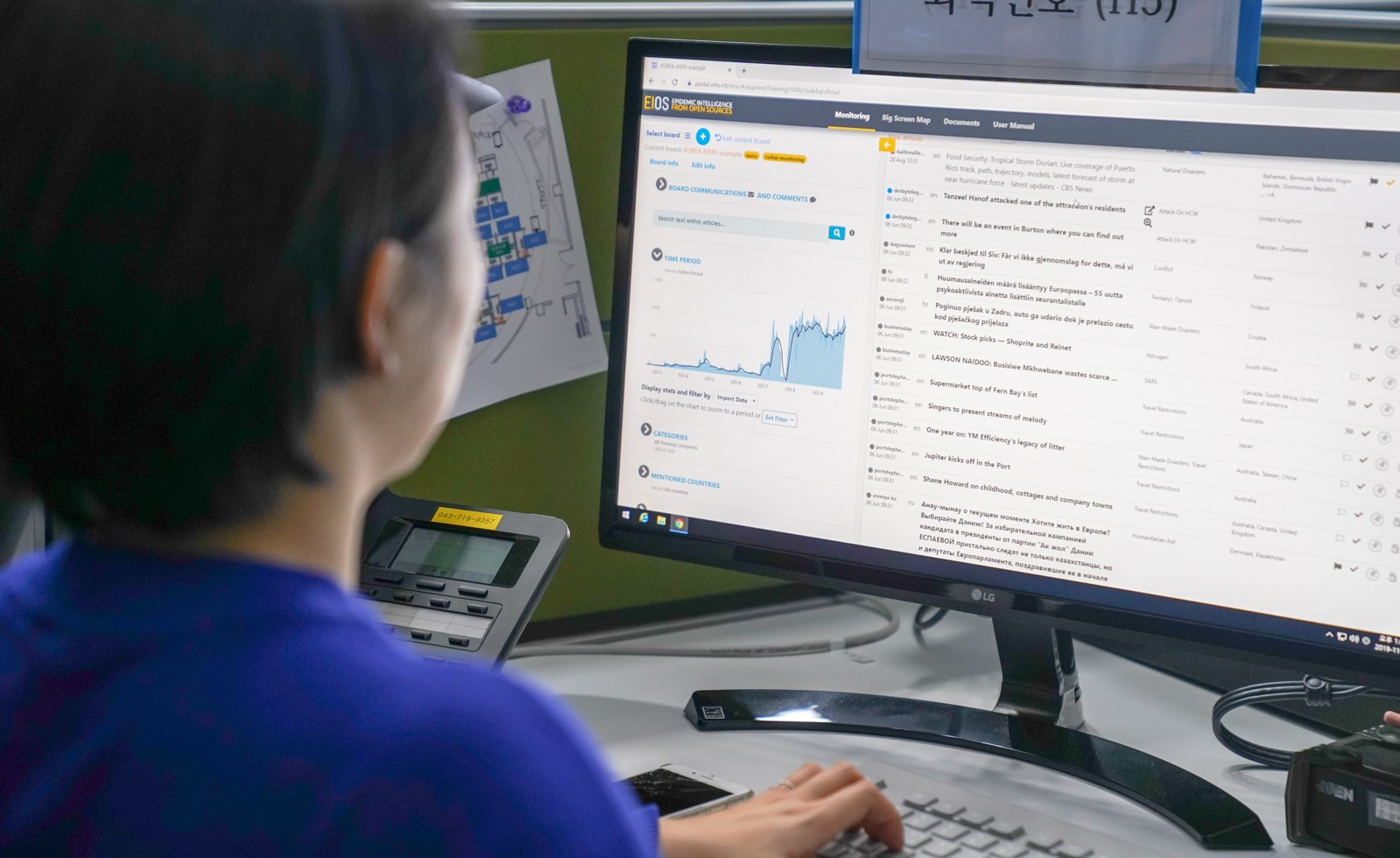
In an increasingly connected world, threats to public health have the potential to quickly spread from local to national, regional and international levels, affecting global health security faster than ever before. The EIOS initiative aims to mitigate and, ideally, prevent public health emergencies by connecting experts around the world and providing them with the best possible solutions to detect, contextualise, analyse, assess and share information for quick, evidence-based action. As such, the EIOS initiative is by and for experts across national and international organisations, networks and government entities engaged in emergency preparedness and response.
By consolidating a wide range of efforts and platforms, the EIOS initiative is building on a growing global community of practice, a range of multi-disciplinary collaborators and an evolving fit-for-purpose system, jointly working towards the EIOS vision of a world where health threats are identified and responded to so early and rapidly that they have zero impact on lives and livelihoods.
Newsletters
All →
EIOS Newsletter May 2024
The May 2024 edition presents updates on EIOS implementation across all six WHO Regions, and dives into the concept of Collaborative Surveillance. It also...

EIOS Newsletter January 2024
In keeping with our cherished tradition, the start of the year invites a moment of reflection on our journey, revisiting milestones, and celebrating collective...

EIOS Newsletter October 2023
The final edition of 2023, the October Newsletter, highlights the new PHI Training Working Group and recaps the most recent EIOS Training of Trainers workshop...
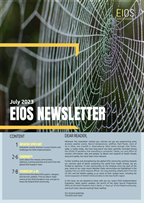
EIOS Newsletter July 2023
The July edition provides updates on EIOS implementation from WHO Regional Offices and two of our collaborators (US CDC and WOAH) that took place in the...
Publications
All →Publications included in this section showcase articles describing practical use cases of the EIOS initiative or in which the EIOS system is analysed, evaluated, or compared to other public health intelligence systems. The EIOS Core Team makes no claims or guarantees about the completeness, accuracy, content or quality of information contained.
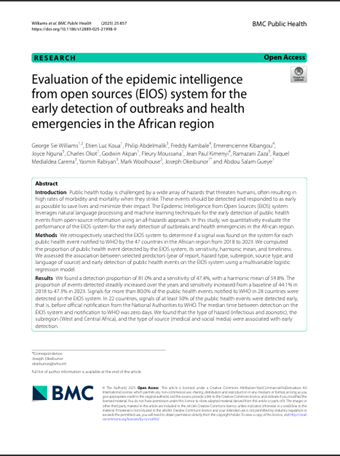
Public health today is challenged by a wide array of hazards that threaten humans, often resulting in high rates of morbidity and mortality when they strike....
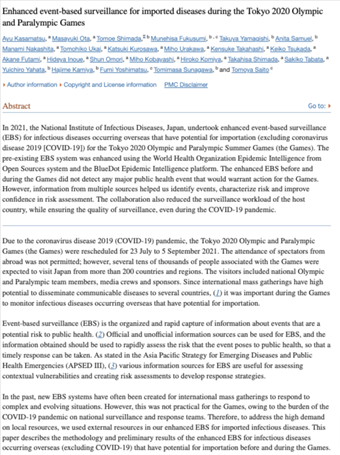
In 2021, the National Institute of Infectious Diseases, Japan, undertook enhanced event-based surveillance (EBS) for infectious diseases occurring overseas...

Impact of using the Epidemic Intelligence from Open Sources (EIOS) system for early detection of public...
Epidemic intelligence, which integrates event- and indicator-based surveillance, requires systematic, organized collection, analysis and interpretation...

Global public health intelligence report 2022
Early detection and rapid response to health threats and emergencies is one of the World Health Organization’s (WHO) most important priorities....


